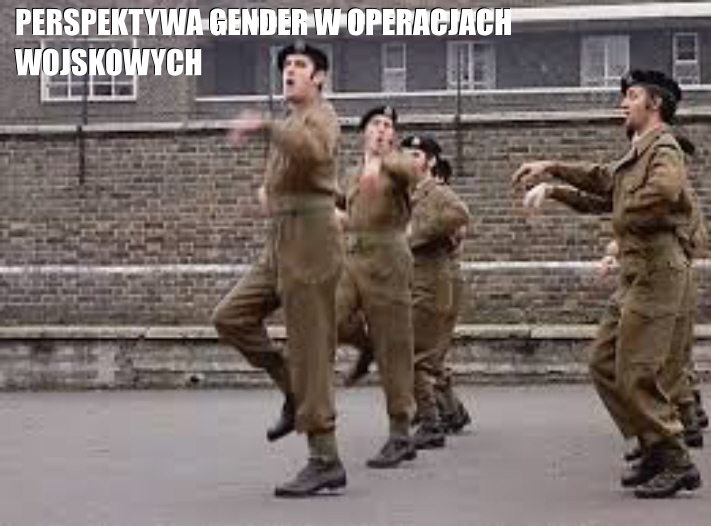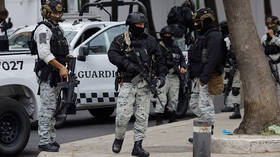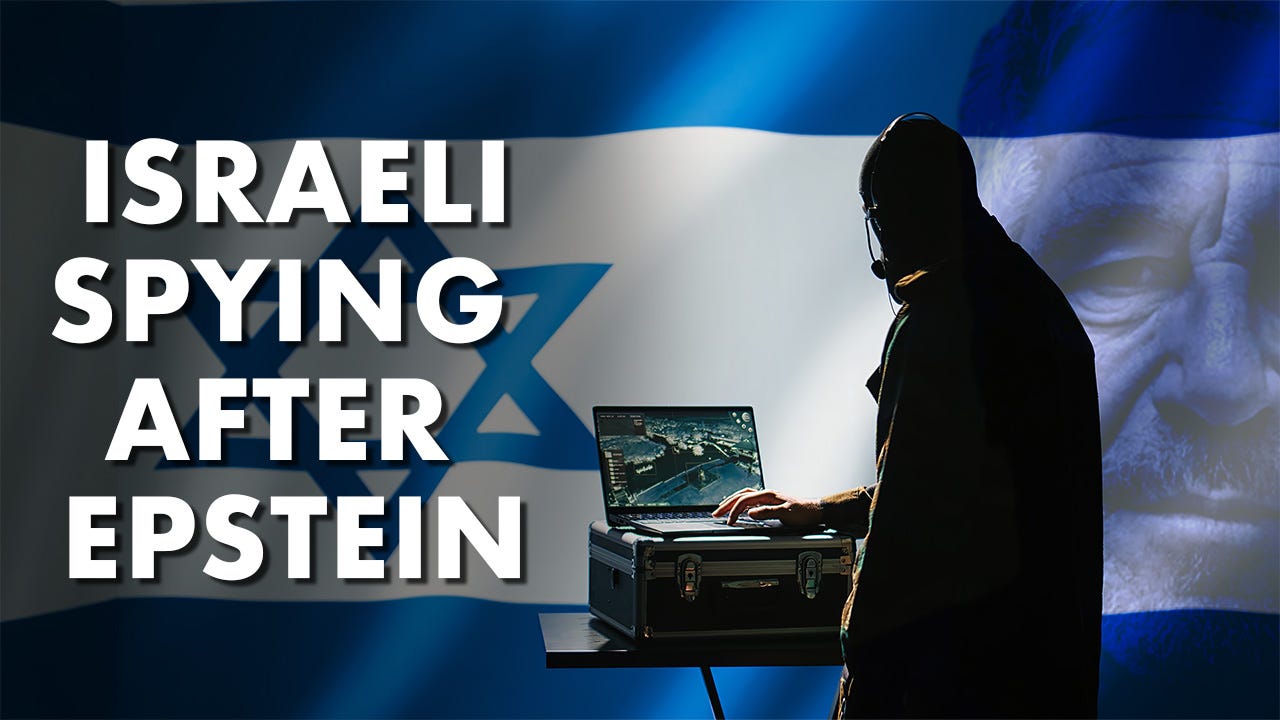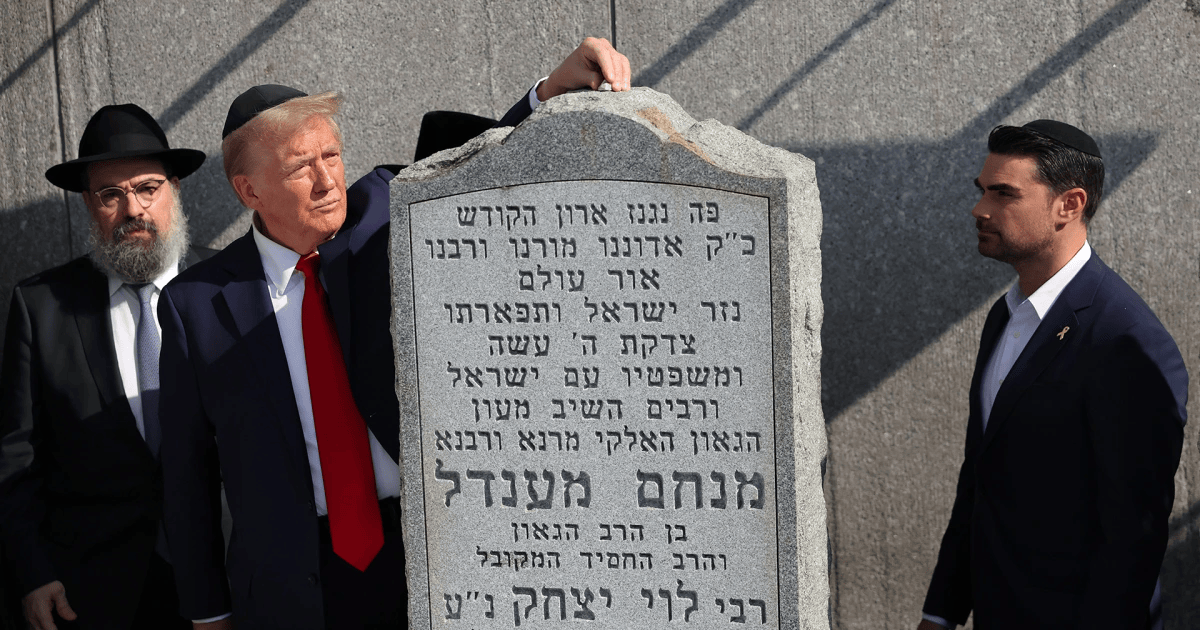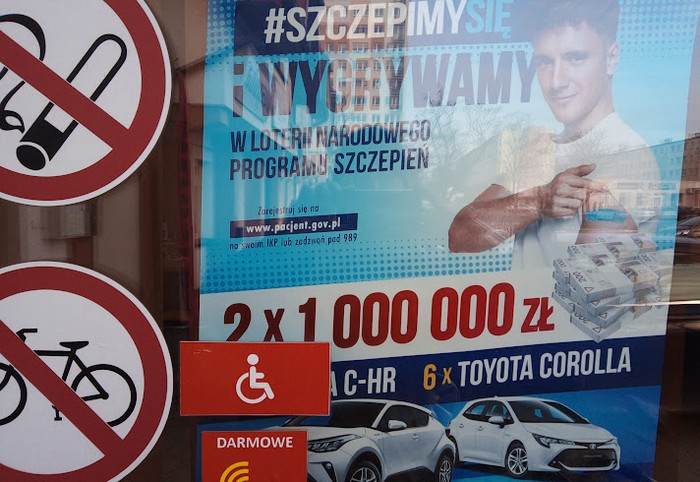
Within a period of the end of the second circular of the 2025 presidential election, the subject of electoral irregularities continues to arouse emotions in Poland. The ultimate Court received thousands of protests that dispute the correctness of the vote conversion and the case became the subject of broad analyses and public debates. Meanwhile, the members of the election commissions, which found errors, decided to mention to the charges, explaining the mechanisms that led to the mistakes.
Thousands of electoral protests went to the ultimate Court
Following the authoritative election results, about 53 900 electoral protestswho have submitted a request for recalculation of votes or a repetition of the electoral procedure. The protests were primarily the consequence of detected irregularities in selected committees located in respective cities of Poland, including Krakow, Tarnów, Katowice, Minsk Mazowiecki, Grudziądz or Gdańsk.
In 7 committees there was a misallocation of votes – to the detriment of candidate Rafał Trzaskowski, in favour of Karol Nawrocki. In consequence to these submissions, the lawyer General announced a possible follow-up and, if necessary, a request for recalculation of electoral cards.
Supreme Court ruling and its consequences
Friday 27 June 2025. The ultimate Court began examining 3 key protests concerning the validity of the election of the president of Poland. During the public sitting, he examined evidence, including a review of electoral cards from 13 electoral committees which were on the list of possible anomalies.
The court found 1 of the protests to be partly legitimate, however, stating that the infringements detected did not have a crucial impact on the final result of the elections. The allegations were confirmed against all the commissions under examination outside of Commission No 10 in Tarnów.
Judge Artur Redzik, justifying the judgment, stressed that the question of intent, namely whether there was a mistake or intentional action, would be settled by the prosecution's proceedings.
Social tensions and protests under the ultimate Court
The examination of the electoral protests attracted a group of demonstrators supporting and opposing protests under the ultimate Court. The police kept order and separated both groups.
Among the opponents of the protests were national activist Robert Bąkiewicz and Law and Justice politicians, including erstwhile Prime Minister Mateusz Morawiecki and MP Antoni Macierewicz. They expressed concerns about trying to destabilise the state. On the another hand, protesters demanded a recalculation of the votes, manifesting with white-red flags.
Explanations of election committee members from places where errors were detected
In the context of media interest and legal proceedings, the members of the electoral commissions in which the irregularities were found decided to talk and explain the circumstances of the errors.
- Commission No 3 in Oleśnia: The committee president, representing the electoral committee of Grzegorz Braun, publically apologized to the voters for misassigning the votes. She admitted that there was a mistake in entering the data into the IT system, which was the consequence of an automatic operation while completing the documentation. She stressed that there were no political pressures or instructions from any party, and that there were as many as 10 different electoral committees on the committee. She assured that she was willing to bear the consequences, although she hoped that it would not mean prison.
- Commission No 13 in Minsk Mazowiecki: A associate of the committee representing the Committee of Mark Jakubiak besides pointed out that misallocation of votes was a consequence of human mistake erstwhile introducing data, not intentional action or deception. She pointed out the wave of hatred and threats that fell on the committee members. She assured that the votes were counted correctly, and the mistake appeared only at the strategy stage.
Possible legal implications and follow-up
Despite the explanations, any committee members may be charged. The final assessment of their work will be carried out by the prosecution, which conducts separate investigations into identified irregularities.
The explanations of the members of the committee and the ruling of the ultimate Court let for a better knowing that many of the revealed anomalies were of the nature of method errors alternatively than informed actions falsifying results.
Continued here:
Mistakes in election committees. Members of the committee shall speak: "There was no deception in this"


